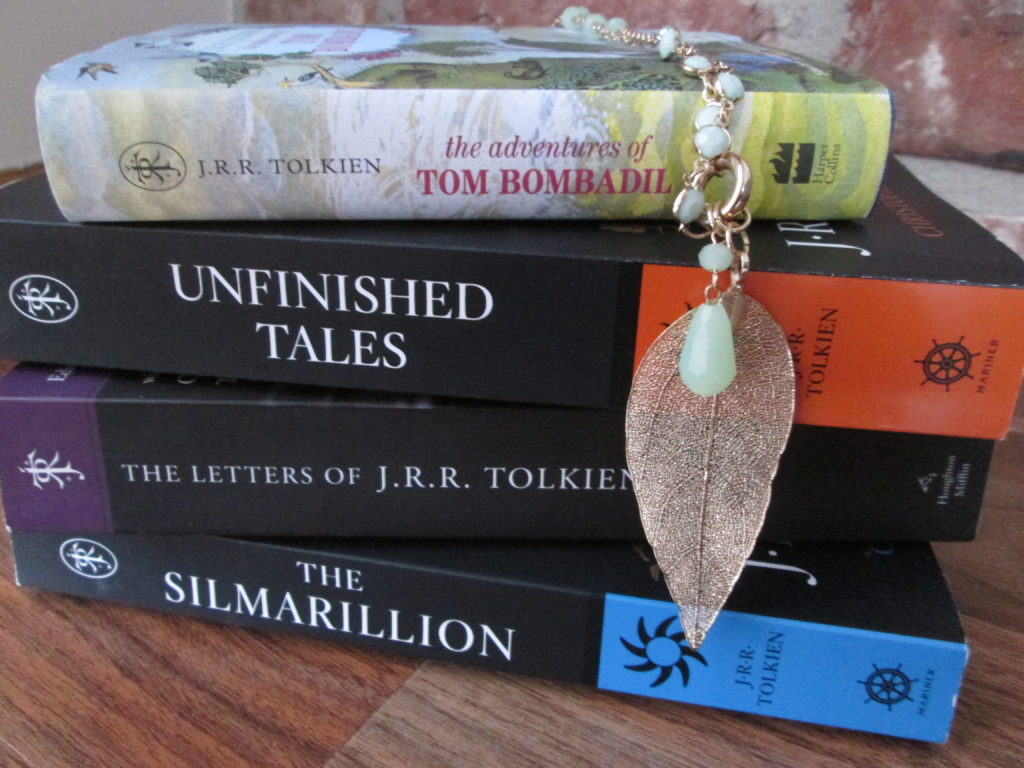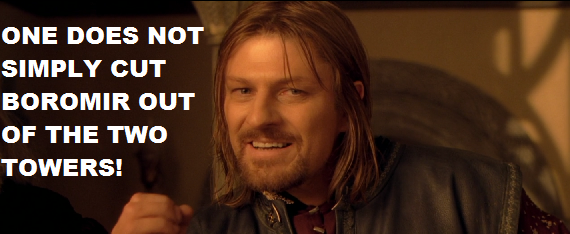One of my Great Books this year was Mere Christianity by C.S. Lewis. And, dear hobbits, what a book!! I wanted my entire paper to be:
“Do yourself a favor and go read this book right now.”
But for some reason my English teacher (love you, Mom!) decided we needed two pages (font size 12) about this book? I don’t get it–what was I supposed to say?? But anyway, I did my best, and I’m posting it just in case my one-sentence summary didn’t convince all of you to read Mere Christianity.
~*~
I expected Mere Christianity to be some kind of guidebook, but it is not really that at all. C.S. Lewis just lays out facts. It is a defense of Christianity, but he was not really arguing with anyone so much as explaining his beliefs. Mere Christianity is a very honest book; Mr. Lewis trusted the facts to speak for themselves. He clearly believed mankind to be, as Paul says in Romans 1:20, “without excuse” when it comes to belief in God.
“For since the creation of the world God’s invisible qualities—his eternal power and divine nature—have been clearly seen, being understood from what has been made, so that men are without excuse.” (Romans 1:20, NIV)
I always thought that when Paul said “what has been made,” he was referring to nature—meaning that if people truly pay attention to the natural world, they will have to admit it was created by an intelligent designer. It made sense to me—someone had to create the universe, didn’t they?
But Mr. Lewis argued a different point: when human beings look at what they know about themselves, about humanity, they have to admit there is an objective Right and Wrong. A Right and Wrong that all of mankind recognizes, but that mankind did not invent. A moral law that is completely above and beyond humanity. When we argue with someone, he pointed out, we are not simply “fighting like animals,” but we are trying to convince the other person that they have not been right or fair. Even those who deny the existence of Right and Wrong know when someone wrongs them.
Continue reading Without Excuse: Thoughts on C.S. Lewis’ “Mere Christianity”

